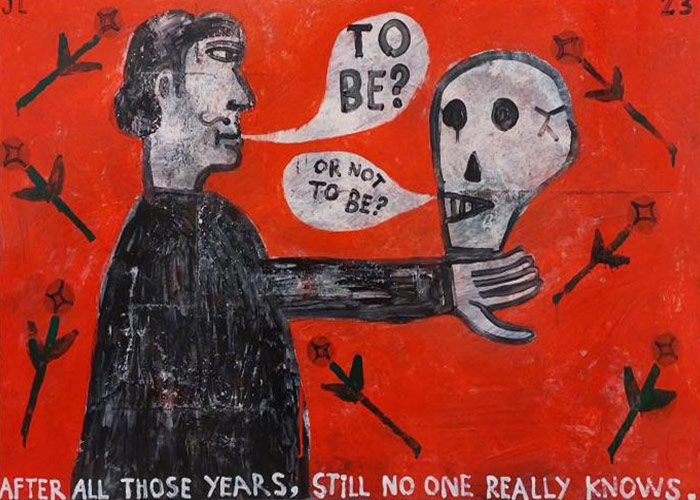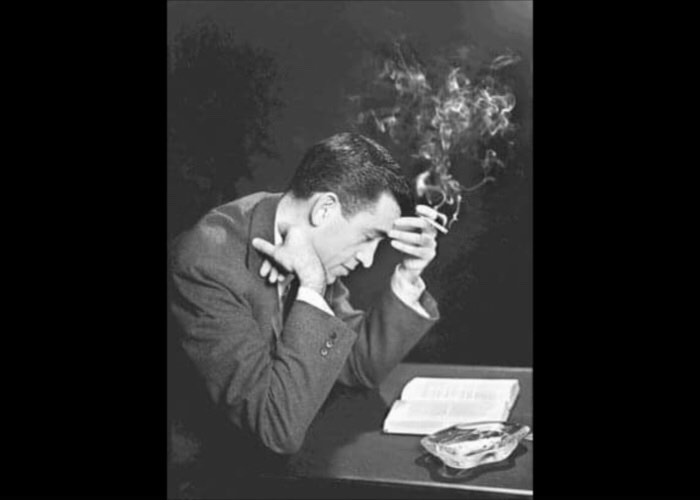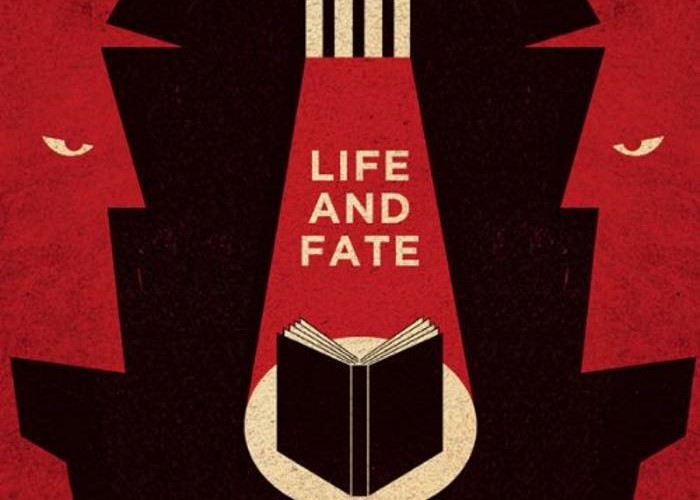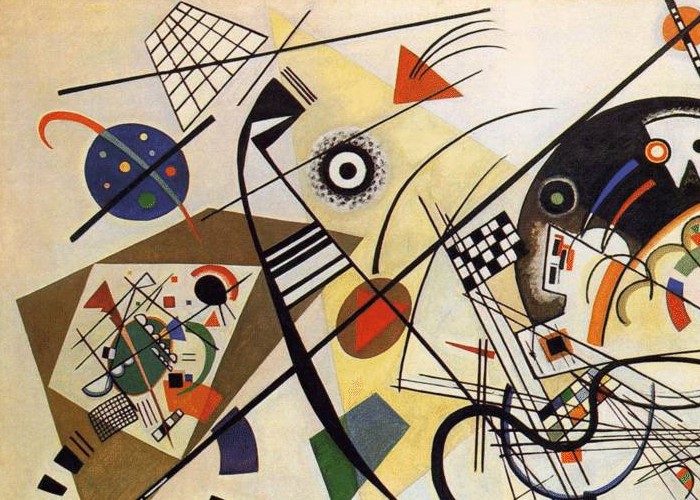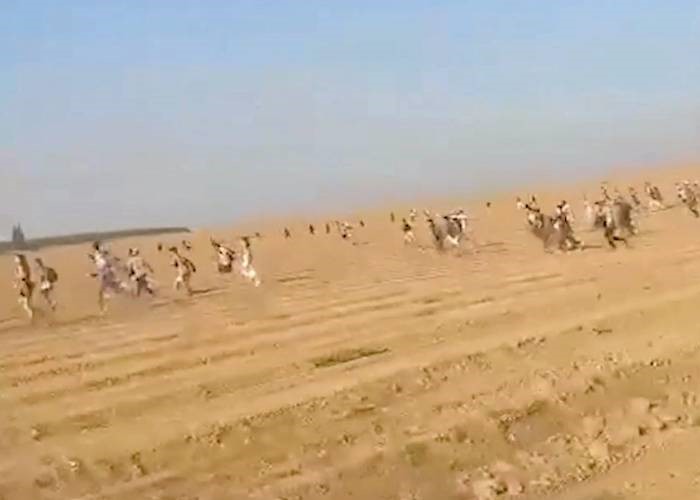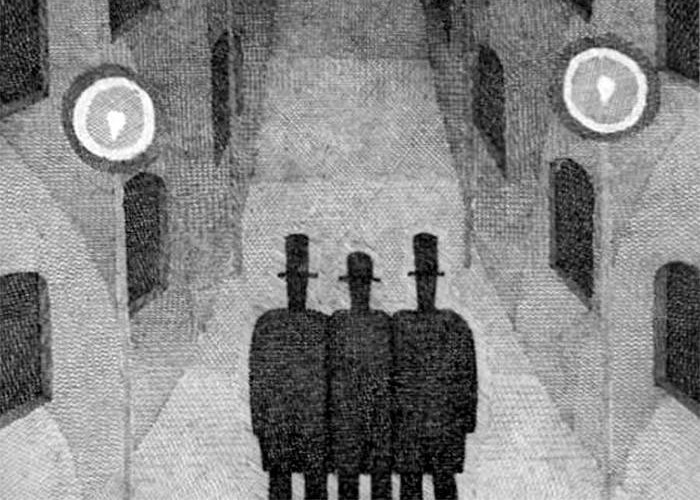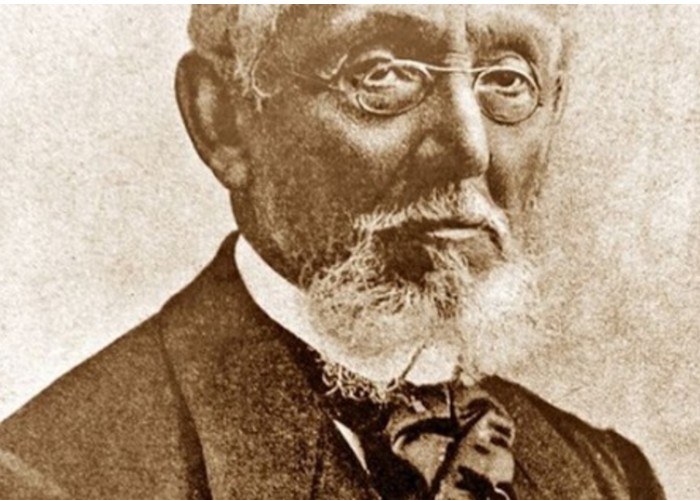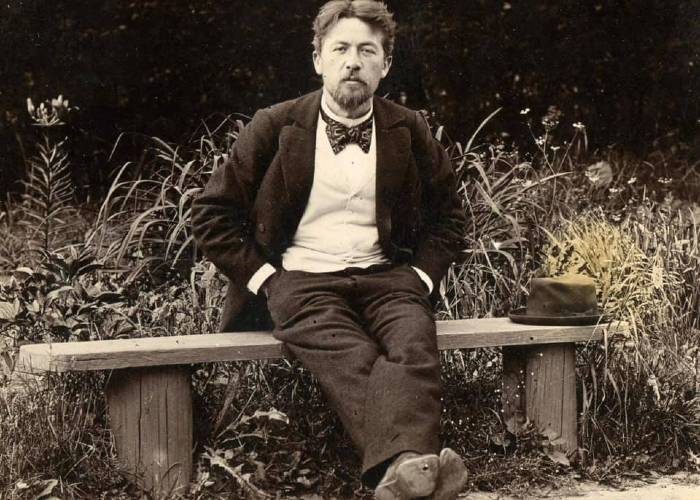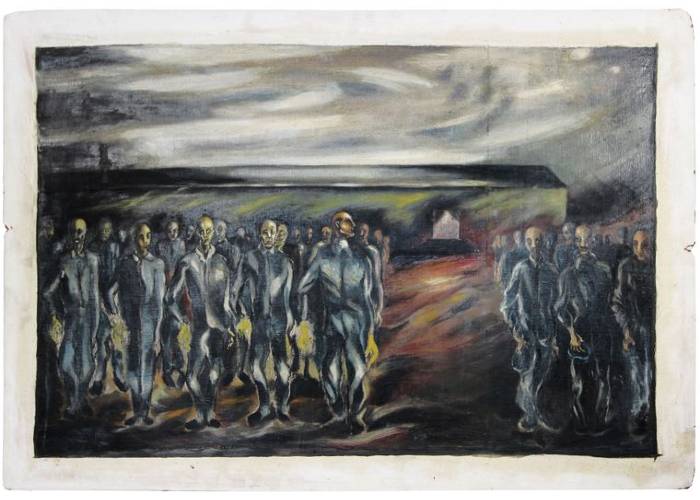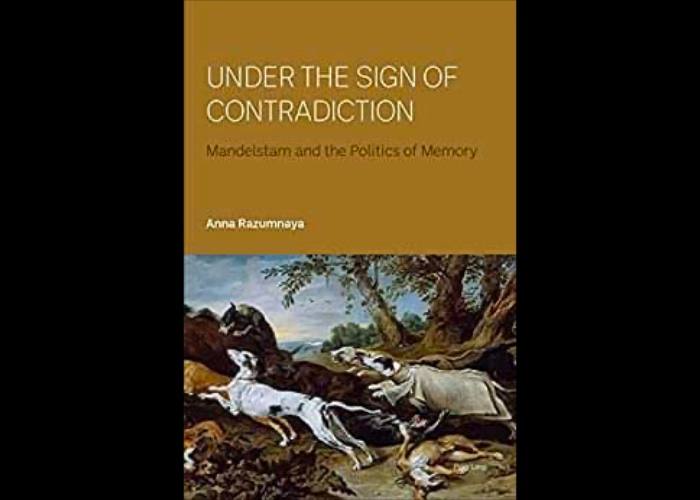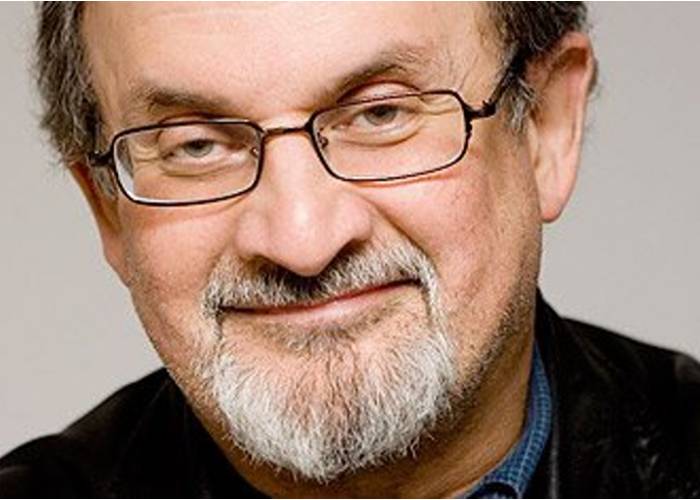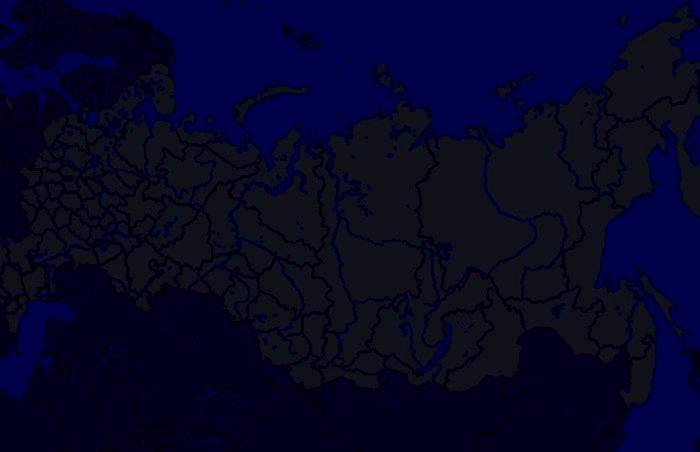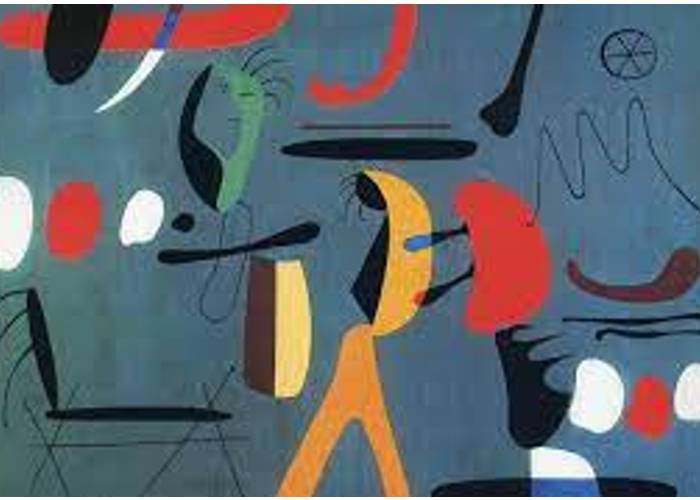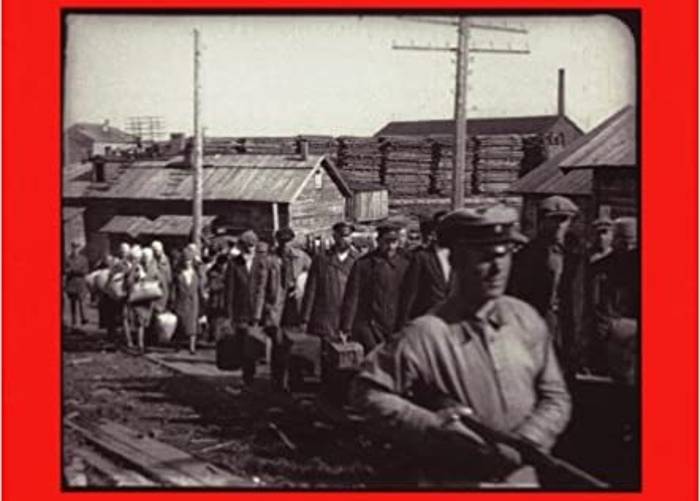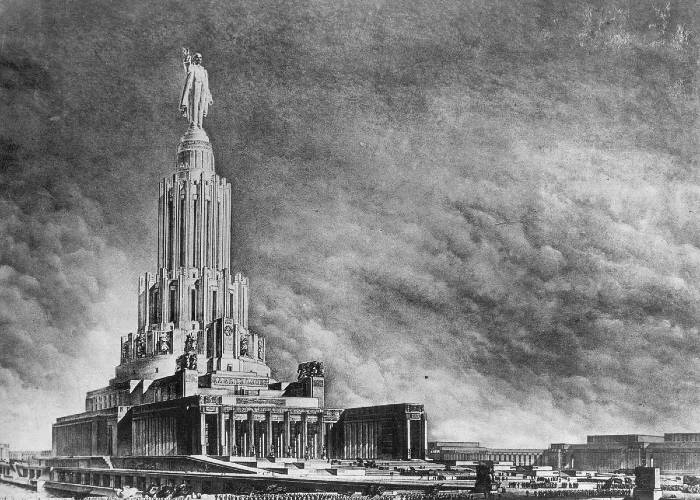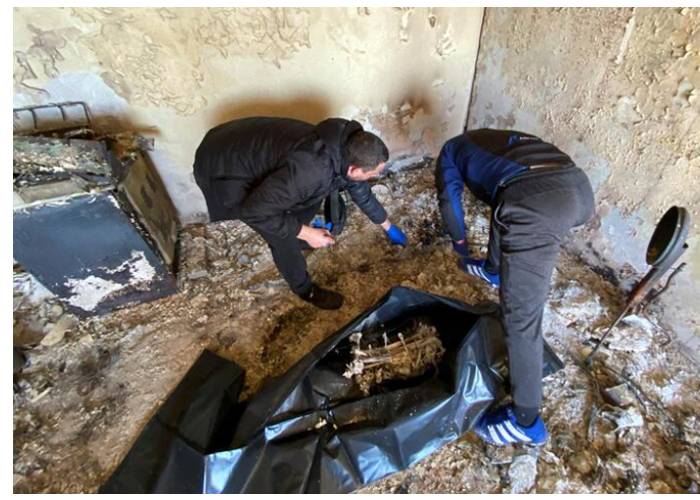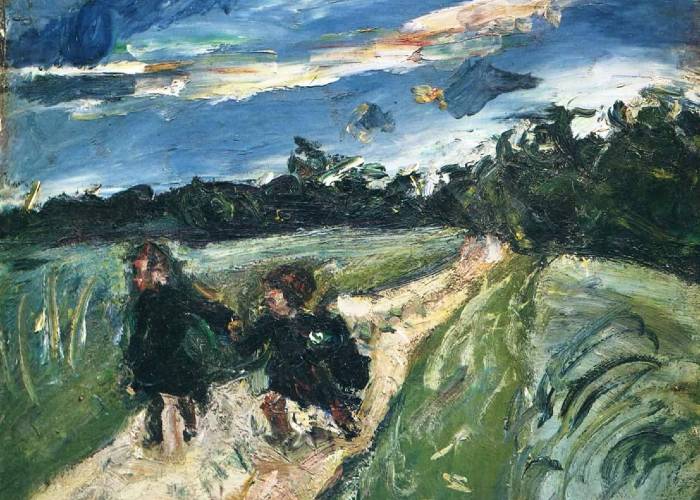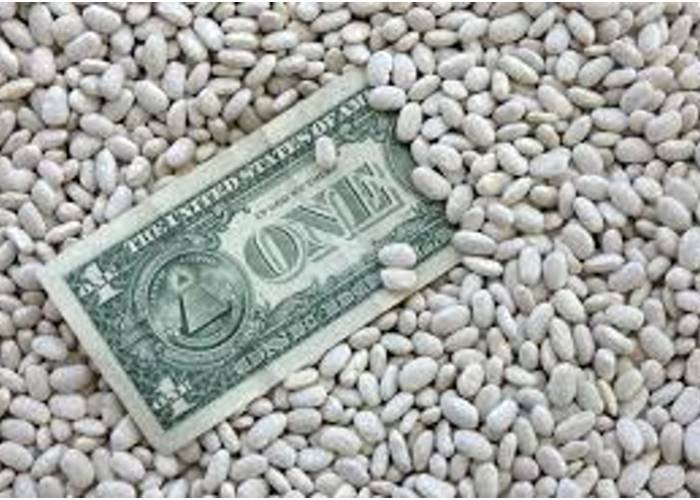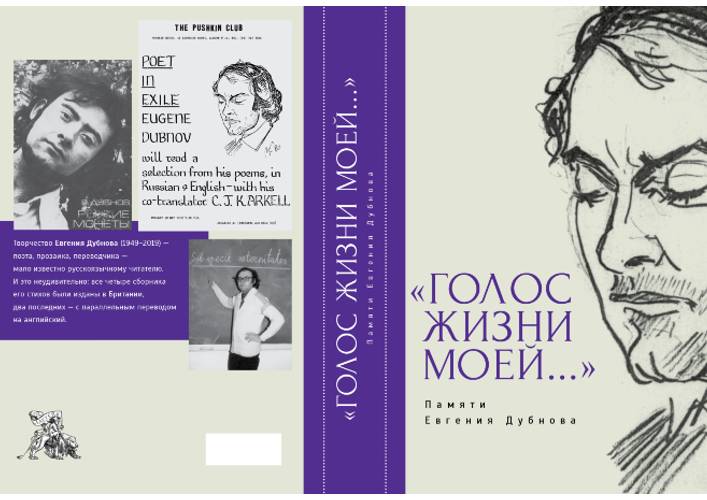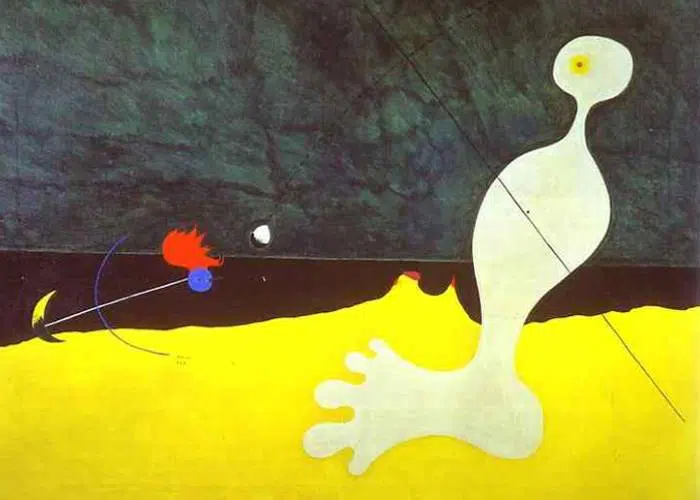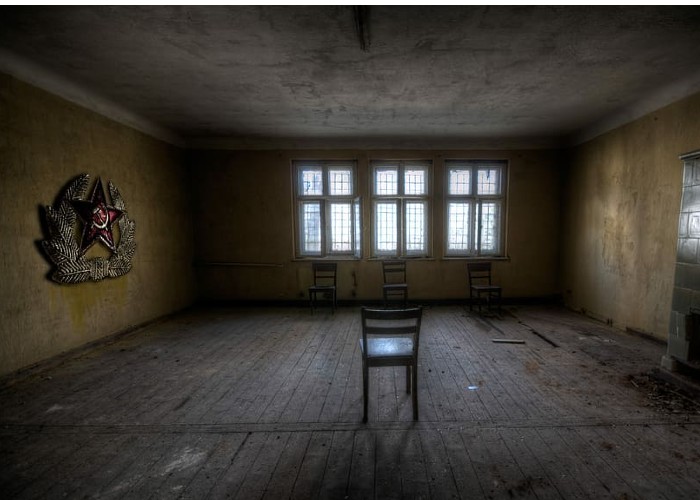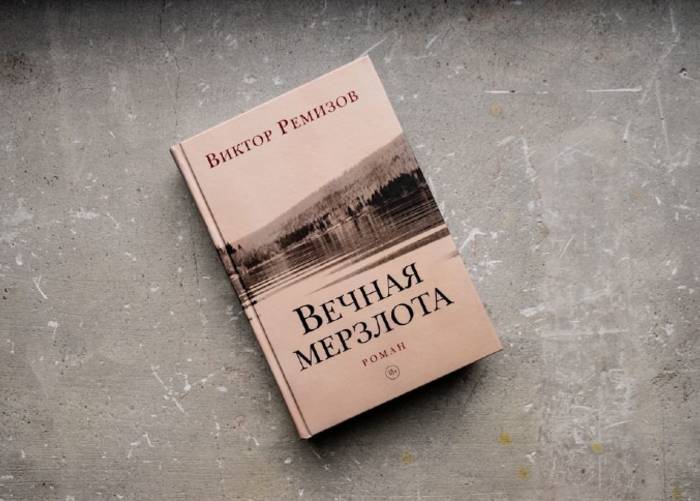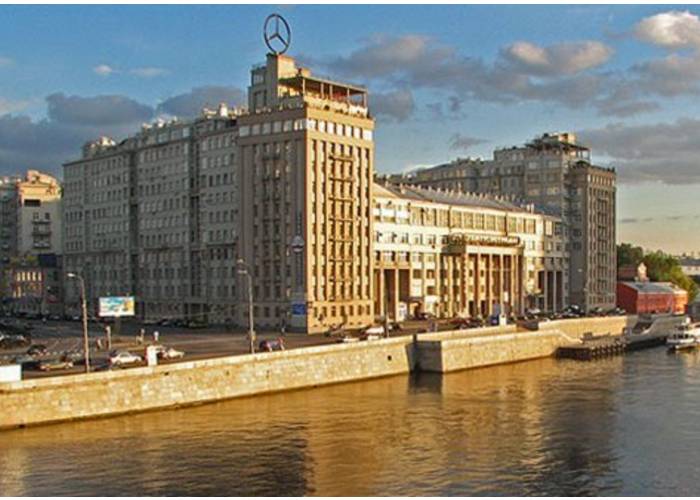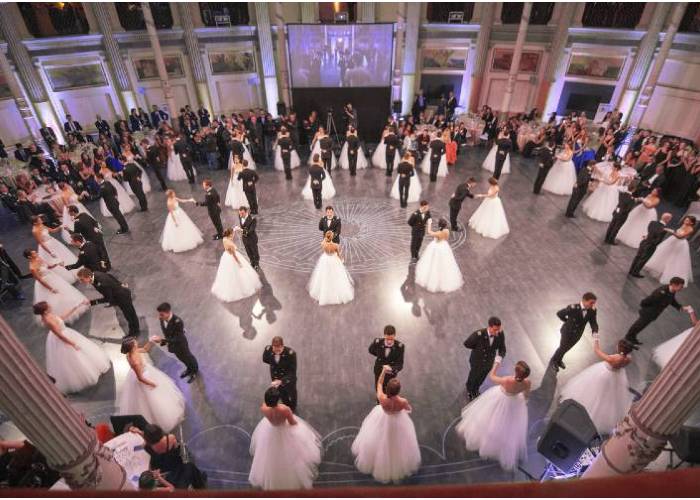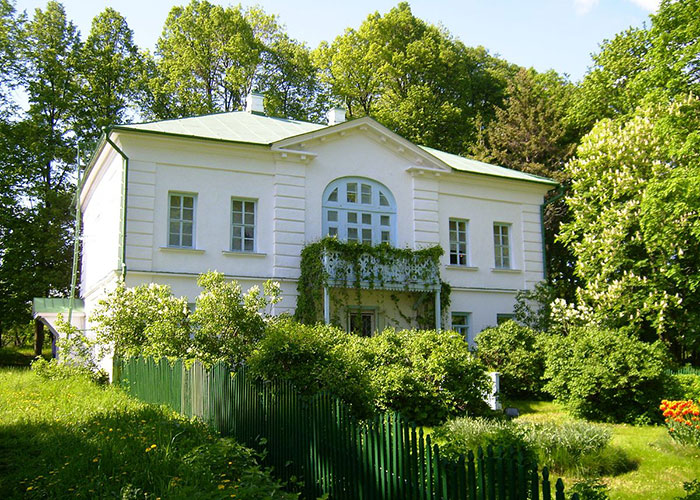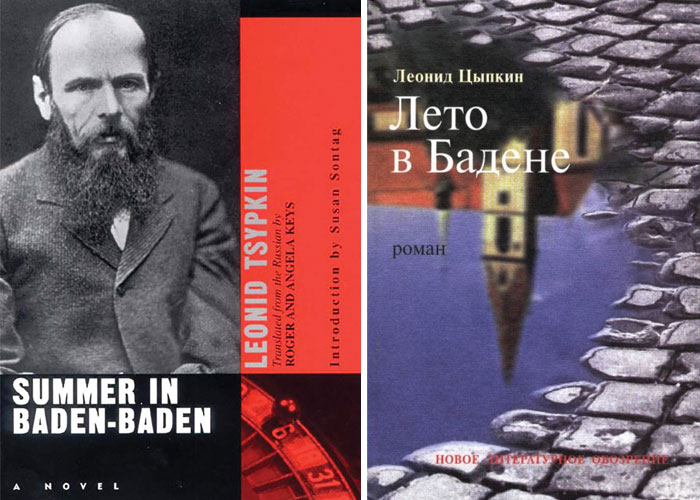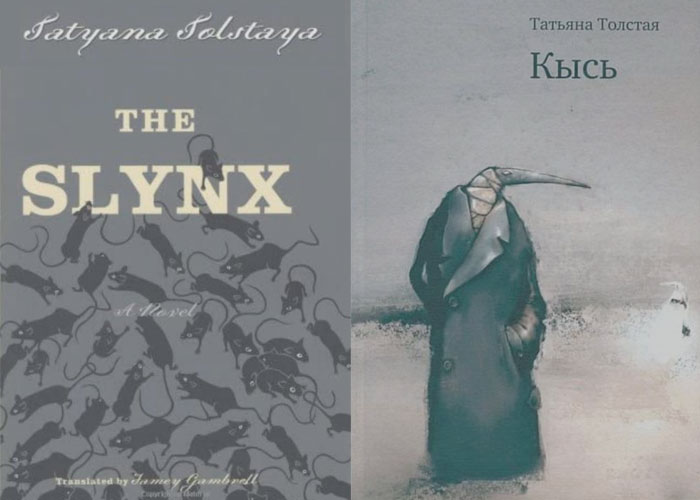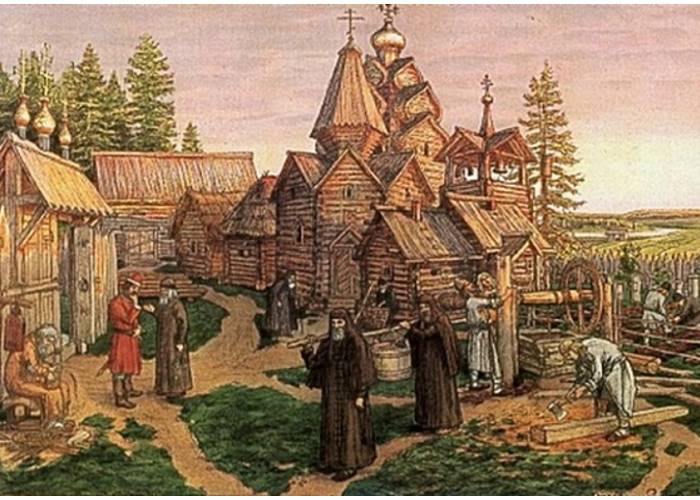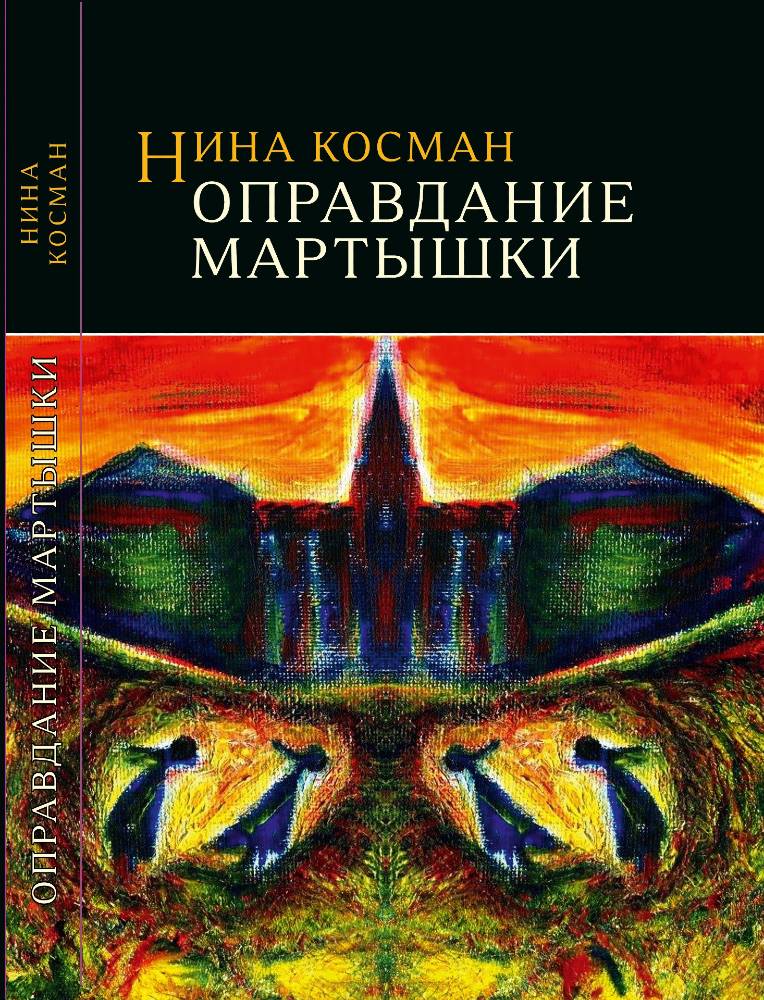One. History Lessons
History books of many countries hold pages of the past, which these countries would like to forget forever or simply rewrite. There is hope that German fascism and Japanese militarism will not be repeated. The constitutions of these countries and the restrictions imposed on these countries will not (I hope) allow these countries to be aggressors and start wars again. In the U.S. after Vietnam and subsequent wars (Iraq, Afghanistan), the military doctrine has gradually changed and is continuing to change. Now, no one can guess exactly how the trajectory of Russia will change after the invasion of Ukraine. Chances are much greater that, for a while, the country will be immeasurably closer to North Korea than to South Korea, to Iran than to Azerbaijan, whose ethnic and cultural roots with Turkey are immeasurably stronger than its ties with Russia.
It is not necessary to explain how, or rather, by whom, this war was instigated. It is more important to understand the reasons for this aggression.
Two. On the other side of the river.
It is no secret that Russia, which has always been rich in natural resources, always, i.e., throughout the history of its existence, lagged behind the developed countries of Europe.
I am not a professional historian; the economic history of the world, including Russia, is my hobby or, rather, my passion. Therefore, I venture to offer a few generalized historical points that differentiate, or, separate, Europe from Russia. This separation has created certain differences between Europe and Russia. I have read many books on the subject, but I will highlight two: Marquis de Custine’s “Traveling through Russia in 1839” and “Russia XV-XVII centuries”. These books are invaluable for several reasons, the main one being the description of differences between Muscovy (Russia) and Western Europe. I would not be surprised if these books are seen in Russia as a kind of sedition.
In 1839, when the Marquis de Custine made his long journey through Russia, meticulously keeping a diary, and even more so in the 15th-17th centuries, Russia was vastly different in terms of culture, life, level of development of technology, arts, and science from its European neighbors. If we look at the type of government and the level of civil liberties in the 15th-17th century Russia, we will see more similarities between it and Asia rather than between it and Europe. I will try to define a few main differences between Russia and its neighbors.
1. Russia was bypassed by the Renaissance. At the time when Western Europe was home to Leonardo, Raphael, Michelangelo, Caravaggio, Cervantes, Rabelais, De Molina, Shakespeare, and hundreds of other artists, sculptors, writers, and composers, in Russia there was a black hole. Copernicus, Descartes, and Galileo were already at work, while Russia remained a country where the percentage of literate people among the general population was quite negligible.
2. Beginning with the 14th century, first universities – centers of knowledge – were opened in Europe. By the end of the 17th century, there were many universities in Europe. They promoted development of science and increased literacy. In Russia, the first university appeared 400 years after the first European one. Literacy, even among the clergy, was dismal. Western textbooks and manuals were banned as heresy.
3. The judicial system in medieval Europe, though ineffective, still relied on law. Vassals could and did sue suzerains, and a shopkeeper or merchant could seek protection in court against the arbitrariness of a nobleman. The heirs (sons) of Columbus, who had fallen into disfavor, sued the Spanish Crown after his death and won. Coan we imagine the children of a disgraced voivode suing Ivan the Terrible? Peter the Great? Catherine? They would have been impaled or hanged.
4. The vertical model of power is what we still have today, in the 21st century Russia. The Spanish nobles said to the king “you are the first among equals,” while for the Russian tsars, the boyars, the nobles were just Vaska and Grishka, who could be either gifted or flogged in public. In European countries, the absolute power of the monarch was limited, including – but not limited to – through the institution of knighthood. In Russia, such limits did not exist.
5. With the beginning of the Industrial Revolution, more and more Europeans lived in cities. In Russia, almost thirty years after the abolition of serfdom, most of the population was rural. In 1887, 12.5% lived in cities in Russia (in England, more than 40% lived in cities). The way of life in Russia remained rural and patriarchal for a very long time. The real mass relocation from villages to cities in Russia occurred only in the mid-50s of the last century.
All of this led to the fact that in the global commodity exchange, Russia traded almost entirely by selling its raw materials, in exchange for technology, instruments, knowledge, and specialists. This meant that economically, scientifically, and industrially the country was almost entirely dependent on Western technology.
6. The way of life in Russia presupposed a communal way of life and production, while the European way was marked by individualism. This is because Europe’s economic centers became cities very early on. From a certain stage of Europe’s development, its craftsmen, workers, merchants, and traders became a prevailing class, while in Russia, the peasantry prevailed. The psychology of the townspeople and peasants is very different. And so, of course, is their way of life.
7. Limited land, and lack of natural resources, all contributed to the intensive development of the economy of advanced European countries, while Russia’s developement, until recently, relied mostly on its natural resources.
8. Russia, since the centralization of its power by Ivan the Terrible, has been a police state: from oprichniks to gendarmes to the secret police. Pushkin could not get a foreign passport (Tsar Nicholas I himself was his censor; thus, Pushkin’s fate depended on the tzar’s whims). Police penetrated every sector of the society, and even foreigners were under special supervision and suspicion.
9. Beginning with the 14th century, all areas of Europe were connected by commodity trade/financial ties. Pskov and Novgorod participated in the Hanseatic League until they were cut off from it by Ivan III in 1494. But, on the whole, the degree of financial ties and trade exchange with Europe was insignificant. Economically and geographically, Russia found itself on the margins of development.
10. As for culture (I recommend Orlando Figes “Natasha’s Dance: a Cultural History of Russia”), Russia has accepted Western stadards in painting, music, drama, poetry, ballet, literature and became European in form and content. Russia owes most of its great cultural successes to those who made it famous and to its teachers, talented Europeans who brought ballet, opera, painting to Russia.
And here we come to a key understanding, it seems to me. The Europeans, starting with the Varangians and the Greeks, were teachers and transmitters of European values, including the Byzantine branch of Christianity, in Russia. Russian tsars and queens and generals, ministers, and academicians were often Europeans. Many Russians – including a tsar, children of the nobility, artists, students, engineers, and later, scientists – went to Europe to study. Czarist Russia was backward, not always understandable, but nevertheless, part of the European world. Few other countries had as much foreign capital and foreign specialists as Russia did before 1917. During the most difficult years of the Cold War, the USSR left open channels of economic, trade, scientific, and cultural contact with Europe. But the most basic European values, such as the rule of law and equality for all, the value of human life, the prevalence of individual freedoms over state interests, and the protection of private property, were not internalized by Russia before the fall of the USSR or in the last thirty years. The economic success was not followed by the country’s progress in granting basic freedoms for its citizens. The right of force, the right of power — the rigid vertical of power, Nicholas I-the Whipper-type of power–was an ironclad rule that had no place for humanism, no respect for the individual, and no freedoms of the kind that had been enjoyed by citizens of Europe.
A simple fact that “children of the Kremlin,” the Kremlin’s servants and propagandists, were buying property in the enemy’s camp, did not seem to surprise anyone in Russia for some strange reason.
For Russia, the last thirty years have been the bridge (economically, culturally, and technologically) that connected it to the West. There was a unique opportunity for the country to become part of Western civilization, as much a part of Europe and the West as Poland, the Czech Republic, or Romania. Each of these three countries, with varying degrees of success, was able to integrate into the European and world economy. It would seem that this process is irreversible. Just as it is irreversible for the other countries of the former socialist camp. But this bridge was not strong enough. The bridge could easily withstand traffic in both directions, just as it did in past centuries when hemp, flax, hides, and honey were brought from Russia, and finished goods, machinery, and knowledge were brought back to Russia. The present bridge easily withstood sales of oil and coal, grains of gas, metals, and timber. As in the past centuries, technology, machinery, tools, and much of what was needed for the country’s economy in the 21st century were brought back to Russia. But the bridge collapsed under the weight of Russia’s imperial ambitions. It is a matter of deep regret to thinking individuals among the Russian people that the Western core of issues such as human rights and respect for privacy did not take root. On the other hand, the seeds of the so called “spiritual crossbones” (“skrepy”) have sprouted!
Three. If you’re so smart, why are you so poor?
One can talk as much as one likes about the peculiarities of the Russian soul or scream about the treacherous and soulless West, tear at one’s shirt, or call for patriotism, but, practically speaking, by most indicators, Russia is lagging behind almost all European countries. Compared to Western Europe, it is inferior in everything from life expectancy to the number of murders and serious crimes per million inhabitants. As for corruption, let’s not even go there.
While the Russian middle class adopted European standards and lifestyle, it did not embrace Western values. Moreover, the military rhetoric, the perpetual talk of enemies that supposedly surround the country and dream of its destruction, and the constant emphasis on the special spiritual path of Russia, as opposed to that of the mercantile cold West, all created an explosive mixture, which set on fire the fragile (as it turned out) bridge between Russia and Europe. A chaotic and meaningless ideological platform of its particular national character, including elements of Bolshevism, tsarism, sobornost, and outright xenophobia – this mixture passes for the so called “skrepy”, “spiritual crossbones”. How is it possible to combine Bolshevism and Tsarism, or Bolshevism and sobornost, remains a mystery to me.
Now the time has come to pay the bill and it turns out that, when Russia started a war against Ukraine, it also started a “special operation” against its own population. And while its aggression against Ukraine is advancing extremely unsuccessfully and with enormous human, material, and moral losses, its successes in its battle against its own people are enormous. In the last two or three weeks alone, more than hundreds of thousands have left the country, inflation has reached 30% per year. Factories and plants are shutting down. Trains, planes, and steamships are already experiencing a shortage of parts. There is no paper for cashier’s checks; household chemicals (Duma suggests using soda), and certain types of drugs, including contraceptives, are missing. The list could go on and on, perhaps endlessly. From women’s underwear to bearings to software, almost everything was imported. Russia, basically, had no manufacturing of its own. And now that is it: imports have stopped, and there is no production of the previously imported items in Russia itself. The collapse of production, the imminent unemployment, the plummeting ruble, the galloping inflation, and the total isolation of the country is an unequivocal victory over its people. A victory by knockout, in the first round.
Four. Put lipstick on a pig or no matter how much lipstick you put on a pig….
No matter how much lipstick the Russian leadership puts on the “pig” of Russian life and economy, the picture will not change. In the absence of light and with its lips brightly painted, the pig, depending on the season and the whim of the leadership, can be passed off as a seagull – a carrier of bacteriological contamination, or a ballerina, or a Ukrainian Bandera. But everything has its time limit. And so does the pig with lipstick.
P.S. A few words about the Western “skrepy”. Spiritless and mercantile West, represented by greedy and deceitful governments and corporations, will not cut off the supply of vital medicines and other items which people in Russia need. The animal feed will be supplied as before. Our four-legged and arthropod friends should not suffer because of the idiocy and professional ineptitude of our idiot leaders.
Conclusion: It is the will of history that Ukraine has turned out to be a bastion, a boundary along which the division between the European world and progress, on the one hand, and aggressive archaicism, as represented by today’s Russia, on the other hand, takes place.
It is unclear what the military outcome of this battle will be. One thing is clear: Russia is no longer a part of Europe. The events of the last few months made one wonder if Russia has ever been a part of Europe. The same questions were asked by foreigners who had visited Moscow back the 15th through the 18th and 19th centuries.
History repeats itself.



